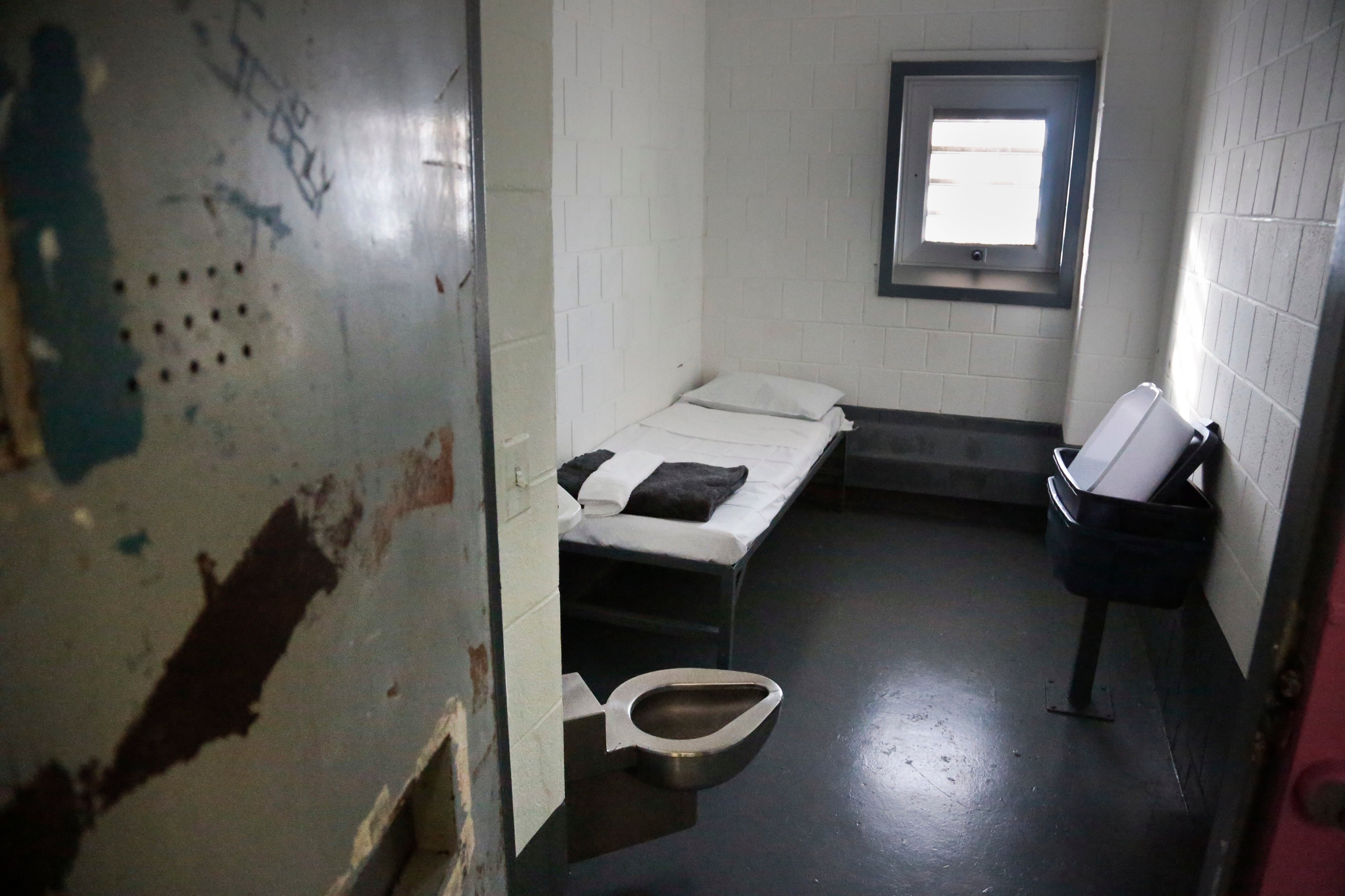NYC Mayor Eric Adams blocks law that would have limited amount of time inmates spend in solitary confinement
Law placing restrictions on solitary confinement was passed with overwhelming support by city council in December
Your support helps us to tell the story
From reproductive rights to climate change to Big Tech, The Independent is on the ground when the story is developing. Whether it's investigating the financials of Elon Musk's pro-Trump PAC or producing our latest documentary, 'The A Word', which shines a light on the American women fighting for reproductive rights, we know how important it is to parse out the facts from the messaging.
At such a critical moment in US history, we need reporters on the ground. Your donation allows us to keep sending journalists to speak to both sides of the story.
The Independent is trusted by Americans across the entire political spectrum. And unlike many other quality news outlets, we choose not to lock Americans out of our reporting and analysis with paywalls. We believe quality journalism should be available to everyone, paid for by those who can afford it.
Your support makes all the difference.New York City Mayor Eric Adams issued an emergency executive order blocking a law that would have prevented inmates from spending extended time in solitary confinement, just one day before the law was supposed to go into effect.
Citing risks to “health and safety” in New York City jails, Adams declared a local state of emergency and blocked three parts of a local law that was initially passed with overwhelming support by the city’s council in December.
That includes part of the law that would have effectively banned solitary confinement or “punitive segregation” for inmates accused of breaking prison rules. It would have placed limits on the amount of time a person can be in solitary confinement or restrictive housing and added additional oversight to the practice.

Adams has vocally opposed the law, claiming it puts other inmates, and correctional officers, at risk of violent incidents. He tried to veto it in January but the city council overrode his veto.
Now, the law will be placed on a 30-day hold or until it is rescinded.
Adams has accused proponents of the law of misleadingly using the words “solitary confinement” to describe the practice of removing violent individuals from the general population.
“There is no solitary confinement in New York State, it has been banned,” Adams told Wake Up With Angela Lee last week. “What people are doing is a bait and switch. They know that the term ‘solitary confinement’ hits at our emotions so they’re calling what they’re attempting to do in solitary confinement.”

The mayor defines solitary confinement as “22 hours or more per day in a locked cell and without meaningful human contact”. He has called it “inhumane and barbaric. That practice was eliminated from New York City jails in 2019.
But punitive segregation is a form of punishment that separates violent inmates from harming others.
The law passed by the city council would prohibit an inmate from being held in solitary confinement for more than four hours per day – with some exceptions. Individuals in restrictive housing would also be required to be let out for 14 hours of the day.
It would have also limited restrictive housing to no more than 30 consecutive days, or no more than 60 days, within a 12-month period.
Adams has raised concerns that female correctional officers – who make up 40 percent of the staff – are at risk of being harmed when there aren’t laws like punitive segregation or restrictive housing to protect them.
Other parts of the law that Adams blocked include a section that limits the use of restraints while detainees are being transported by the Department of Corrections.

Join our commenting forum
Join thought-provoking conversations, follow other Independent readers and see their replies
Comments